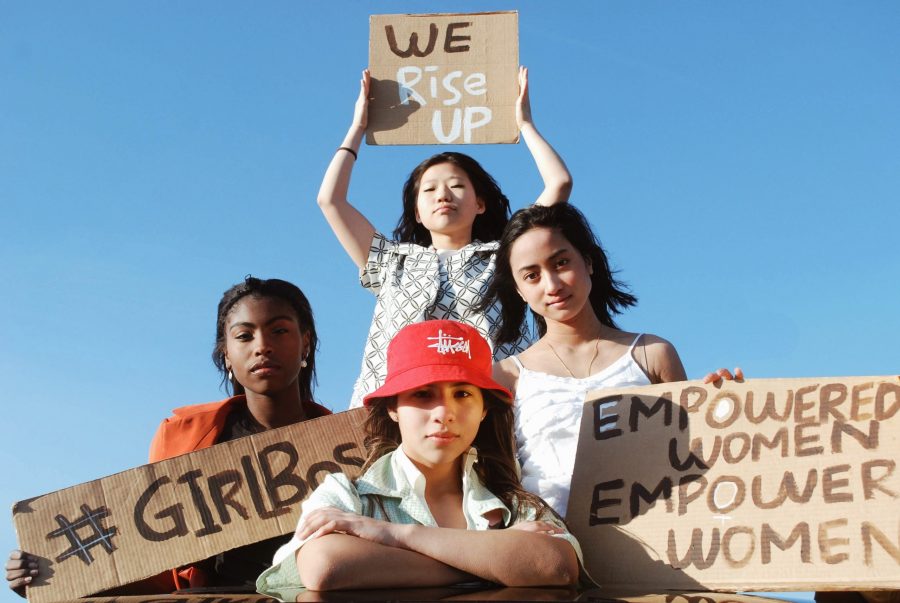In Hispanic cultures, family is above all else. Family ties to one’s identity, and to have a family, is to never go through hardship alone. The structure built around this is a patriarchal one, where the men are the providers, and the women are the caretakers. Traditionally, men have been the heads of their families, providing for and protecting their relatives. However, this mindset has fared more harm than good.
Gender roles are the roles men and women expect to occupy based on sex. In Hispanic culture, these roles separate men and women in household responsibilities. As ancient roles evolved, the idea was no longer about raising a family, but to control women and children by the person meant to take care of them.

Machismo is defined as “a strong or exaggerated sense of manliness.” Macho comes from the Spanish word used to describe the societal role men must provide in their community.
Although this term has been linked to sexism and misogyny, it is still a mindset many men refer back on. All their life, they have been expected to be the protector, to be manly and have a seat at the front of the table.
Veronica Garcia was raised with this mindset. As one of seven kids, she knew what it was like to see her father travel for work and her mother cook to feed them. Although she has fond memories of her childhood, she admits, “it was a sad life we lived in.”
“I remember we couldn’t eat before my dad ate, our only brother was my dad’s favorite, and the constant fights my parents had about raising us echoed as we slept.” -Veronica Garcia
Machismo is often used to describe a man’s role in society, while machista, meaning sexist, is used to describe people that believe women are inferior to them, and that their lives need to be controlled by men.
The typical machismo roles include appearing strong, capable, and demanding respect and authority in the household. The machista type includes making demeaning comments toward women in the workplace and physically threatening gestures toward them.
Gallup’s Regional Director for the World Poll in Latin America and the Caribbean Johanna Godoy states that in countries like Mexico, Argentina, and Nicaragua, one woman is killed every day because of her gender. She concludes, “a ‘machismo’ mindset is still very present in most of the countries in this region.”

Femicides, female genocides, climbed 7.7% in Mexico in the first half of 2020. Many women are attempting to leave their abusive households. On July 15, 2020, the government approved a 75% budget cut for the federal women’s institute, a haven for women seeking shelter.
In most Hispanic countries, gender inequality continues to be a problem, as it is one of the most male-enforced areas in the world. It is largely caused by cultural norms that create favoritism towards men.
Manuela Remes, a mother to three boys, is combating these norms and advertises for a balance in a household.
“We need to teach men that they’re not only meant to be outside like we are not only meant to be inside. We need to create a 50-50 with chores and responsibilities, we need to create a balance of power.” -Manuela Remes
Awareness of the toxic masculinity of machismo culture can potentially save a life. As more men realize the violence against women, they can start to get away from the mindset that led them there.
























